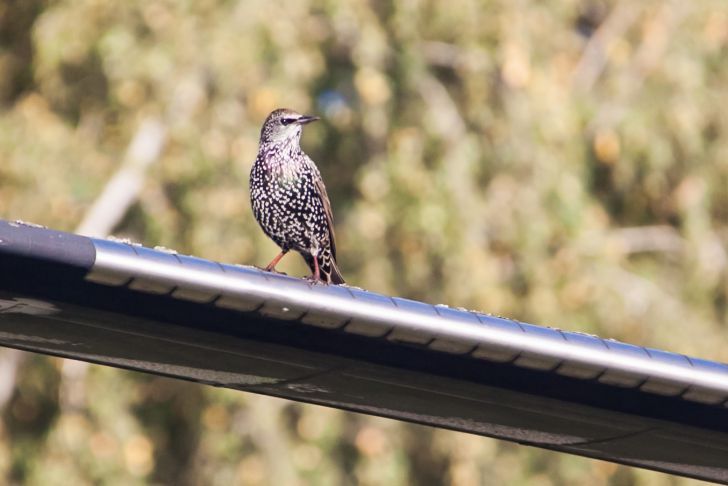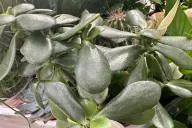Bird droppings are often considered an excellent natural fertilizer for the garden. However, not all plants respond equally to this organic substance.
Some species may become stressed or even die when exposed to bird droppings.
Understanding these nuances is essential for successful plant growing.
Sensitive acid-loving plants
Many plants that prefer acidic soil do not tolerate bird droppings well. This is because bird droppings have an alkaline reaction, which can disrupt the acid-base balance of the soil.
Such plants include azaleas, rhododendrons, hydrangeas, blueberries and bilberries. These crops can suffer from leaf chlorosis, growth retardation and even root system death if there is an excess of bird droppings in the soil.

Delicate herbaceous plants
Some herbaceous plants with delicate leaves and stems may be burned by direct contact with bird droppings.
Lettuce, spinach, parsley and other green crops are especially vulnerable.
High concentrations of nitrogen and other nutrients in manure can damage plant tissue, causing leaves to turn yellow and parts of the plant to die.
Bulbous plants
Bulbous plants such as tulips, daffodils and lilies may also react negatively to bird droppings. Excess nitrogen can cause excessive foliage growth at the expense of flowering.
In addition, high concentrations of salts in the droppings can cause burns and damage to the bulbs, especially if the droppings are used fresh.
Succulent plants
Succulents adapted to dry conditions do not tolerate excess nutrients and moisture.
Bird droppings, rich in nitrogen and other elements, can cause problems with their growth, rotting of roots and stems. Cacti, aloe, echeveria and other succulents with fleshy leaves and stems are especially sensitive to this.
Young seedlings and transplants
Young plants in the early stages of development are particularly vulnerable to the effects of concentrated fertilizers, including bird droppings.
Their delicate root system can easily get burned, which will lead to growth retardation or death of the plant. Therefore, when growing seedlings and caring for young saplings, you should avoid using fresh bird droppings.








